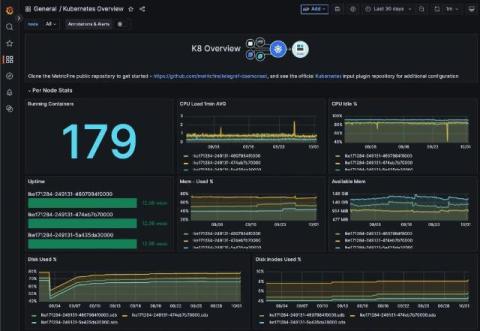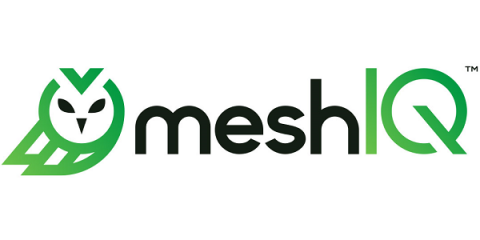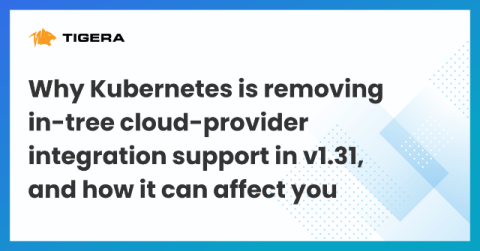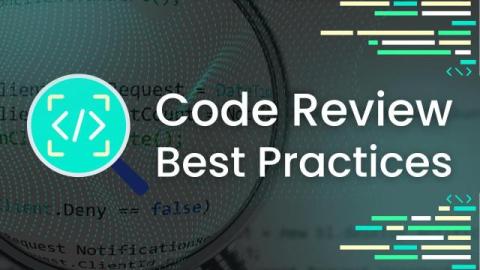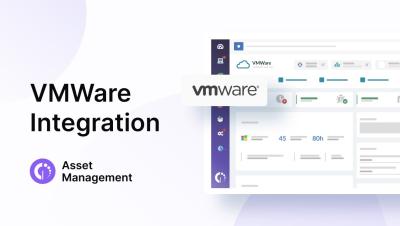Secure your stack with Canonical | Open Source Cybersecurity
Cybersecurity is an ongoing challenge for many enterprises, and safeguarding systems against evolving threats requires proactive, diligent security assessments and monitoring. Security and compliance is a challenge for organizations, with research showing that 84% of codebase contains at least one vulnerability and requires about 100 days on average to apply those fixes. In this video, Cédric Gégout, VP Product Management at Canonical, dives into the complexities of securing open source systems and company infrastructures, sharing insights from Canonical’s 20+ years of experience.






